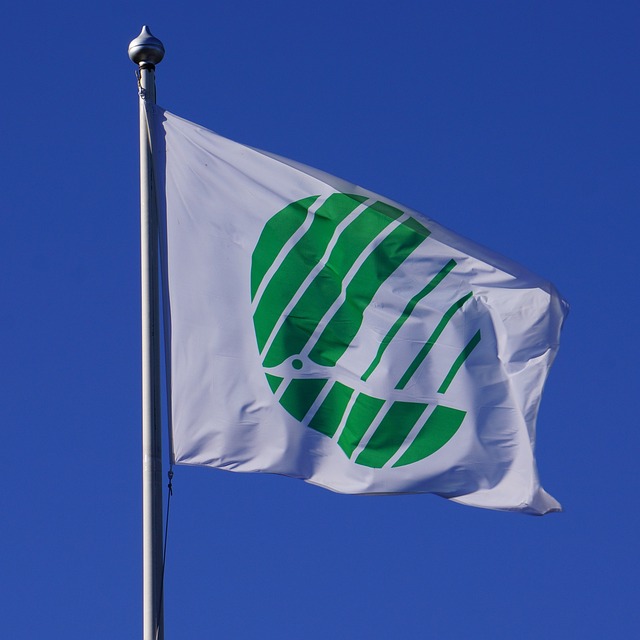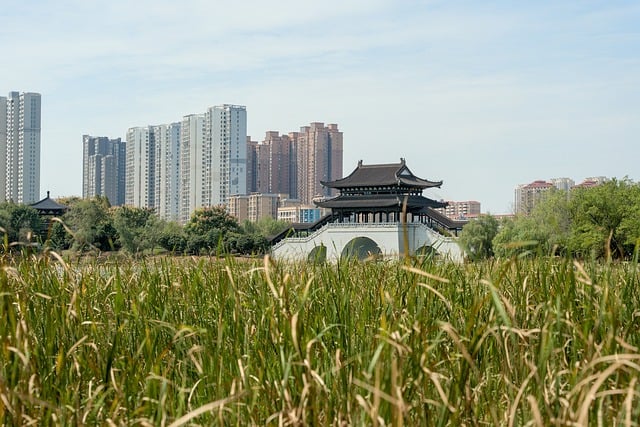In an era where environmental consciousness is more critical than ever, the concept of eco-labels has emerged as a beacon of hope for communities across the globe. These labels serve as informative guides, indicating products or practices that support sustainable and environmentally-friendly options. By embracing eco-labels in our gardening habits, we not only promote green practices but also forge deeper connections within our communities.
The importance of the environment has become a central theme in discussions surrounding community development. Neighborhood gardens, specifically those that adopt eco-friendly practices, have the power to transform urban landscapes into lush retreats that celebrate nature. By using eco-labels to identify products such as organic seeds, sustainable gardening tools, and natural fertilizers, community members can cultivate gardens that reflect their commitment to the environment. This campaign for greener gardening practices encourages not just individual involvement, but collective action, fostering a spirit of collaboration and shared values.
Gardening with eco-labels in mind also invites community education. As we engage with local schools, community centers, and farmers’ markets, we can expand our knowledge about sustainable gardening practices. Workshops designed around eco-labels can enlighten participants on the significance of buying local, organic, and environmentally-responsible goods. The more we share tips and education about sustainable practices, the more our community grows in cohesion and understanding of our shared responsibility to protect our planet.
Moreover, the aesthetic and health benefits of green gardening are undeniable. A community that embraces eco-friendly gardening not only enhances its visual appeal but also promotes biodiversity. Pollinators like bees and butterflies flourish in gardens that are rich in native plants, which can also help create a healthier ecosystem. By planting together and choosing eco-labeled seeds, we cultivate an environment that nurtures both ourselves and the wildlife that inhabits it.
Building upon this connection between gardening and community, eco-labels can also serve as a rallying point for local initiatives. Imagine a neighborhood where residents collaborate to establish an eco-garden, harvesting rainwater and using composting techniques. These community gardens bolster food security and provide resources for those in need, forging bonds that transcend social barriers. Together, the act of sowing seeds can resonate deeply, as it embodies a commitment to sustainability and mutual respect for the environment.
In essence, eco-labels act as a bridge linking sustainable practices to community empowerment. Their significance extends beyond product labels, transforming them into symbols of unity among residents who share a vision for a greener future. By fostering this collective effort, neighborhoods can ignite passionate discussions about the importance of nature, the environment, and the vital role each of us plays in safeguarding our planet.
As we look forward, the integration of eco-labels in our gardening practices beckons us to deepen our understanding of the intricate relationship between our choices and their impact on the world around us. Each small action contributes to a larger movement that prioritizes sustainability, enriching not only our lives but also the lives of those who come after us. Together, as we nurture the earth, we strengthen our communities—one eco-friendly garden at a time!




